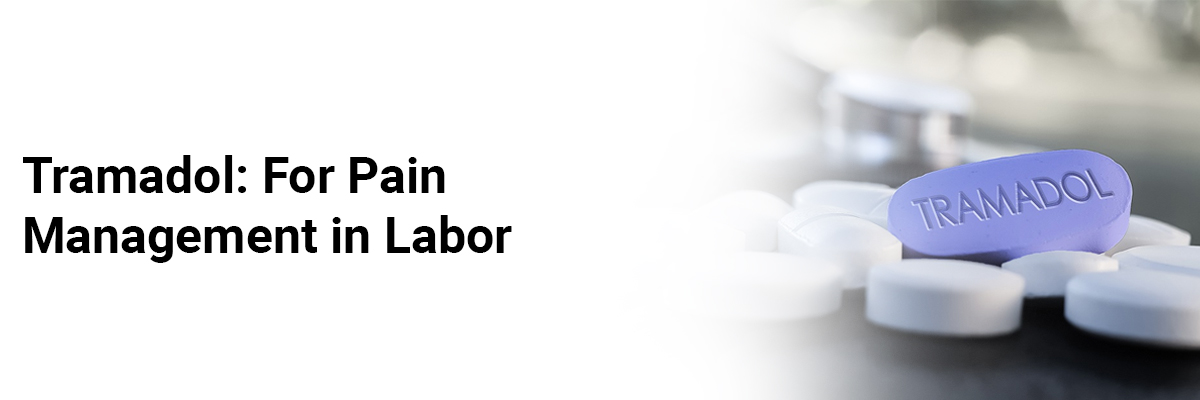
 IJCP Editorial Team
IJCP Editorial Team
Tramadol: For Pain Management in Labor
Effective
pain management during labor is a crucial aspect of quality obstetric care.
Although the intense pain experienced during labor is not life-threatening, it
can have physiological and neuropsychological consequences. Providing adequate
analgesia during labor benefits the mother and positively influences the
progress of labor and the well-being of the newborn. Thus, an ideal obstetric
analgesic should possess potent opiate-like efficacy with minimal side effects.
Tramadol, due to its characteristics, can serve as a fundamental analgesic for
treating patients with moderate to severe pain during labor. The administration
of parenteral tramadol during labor has been proven to have no adverse effects
on either the baby or the labor process.
The goal
of a recent study conducted in the Department of Obstetrics and Gynecology,
Gandhi Medical College and Hospital, Hyderabad, was to study the efficacy of
Intramuscular tramadol hydrochloride on Primigravida and Multigravida – in
terms of pain alleviation during labor; to study the drug effects on the labor
duration; and the drug effects on the mother and the baby. This study was
conducted over one year – 2022-23 and included 500 participants aged 18-35
years. The participants were divided into control and study groups, each
comprising 250 participants.
The
results revealed a significant reduction in pain levels compared to the control
group following Intramuscular Tramadol injection. Additionally, most patients
in the study group experienced positive neonatal outcomes, with no maternal
complications and a shortened labor duration. In the study group, 10% and 43.2%
of patients had Grade III and Grade IV pain, respectively. In contrast, in the
control group, 13.2% and 54.4% had Grade III and Grade IV pain – indicating
statistical significance.
Therefore, intramuscular Tramadol Injection is safe for both mother and baby, effective in alleviating pain, and contributes to the reduction of labor duration. It offers the expecting woman the pleasure of a typical delivery with significantly reduced labor pains. Tramadol hydrochloride effectively manages first-stage labor pain, shortening the time between the first and second stages without affecting the duration of the third stage. Furthermore, instrumental or cesarean section rates significantly decreased with Tramadol injection, and no adverse effects were observed on the mother or the fetus. Tramadol did not lengthen hospital stays or increase maternal morbidity, making it a cost-effective labor pain management modality.
Source: Vellanki
J, Sri V S. Indian J Obstet Gynecol Res. 2023;10(4):387-392

IJCP Editorial Team
Comprising seasoned professionals and experts from the medical field, the IJCP editorial team is dedicated to delivering timely and accurate content and thriving to provide attention-grabbing information for the readers. What sets them apart are their diverse expertise, spanning academia, research, and clinical practice, and their dedication to upholding the highest standards of quality and integrity. With a wealth of experience and a commitment to excellence, the IJCP editorial team strives to provide valuable perspectives, the latest trends, and in-depth analyses across various medical domains, all in a way that keeps you interested and engaged.





















Please login to comment on this article